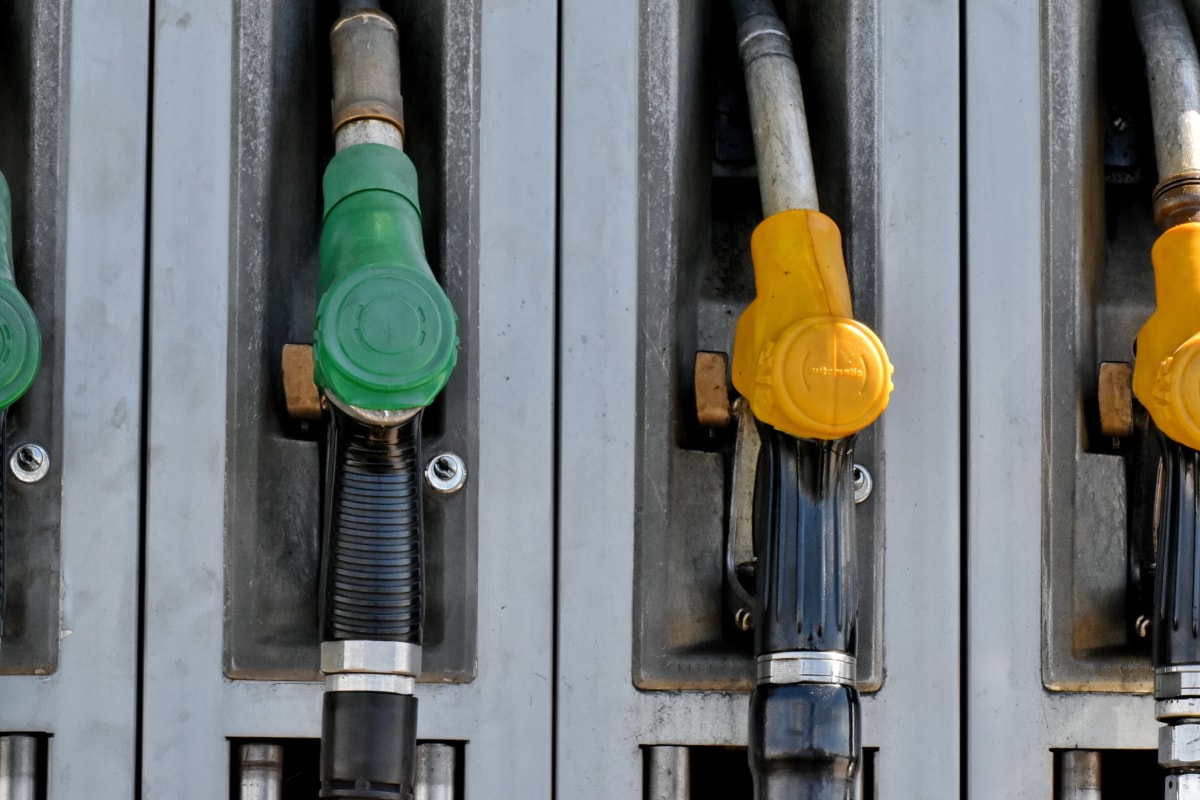Saudi Arabia began to increase oil production during the price war with Russia, but a sharp drop in demand due to coronavirus resulted in the fact that there is nowhere to deliver oil loaded into tankers, writes The Wall Street Journal. “There are shipments [from the ports of Saudi Arabia in the Persian Gulf] for which there is no destination, because we have no buyers,” one of the Saudi officials told the newspaper.
According to Riyadh officials, the world's largest oil exporter has reached its maximum capacity and is currently producing more than 12 million barrels per day, which is almost 2 million barrels more than a month ago. But there are signs that this oil has no buyers. As a result, tankers chartered by the kingdom are forced to leave ports after loading without having an exact destination port.
On Wednesday, an agreement between Russia and OPEC, which since 2016 has supported oil prices in the world market, ended. The parties to the transaction failed to agree to extend this agreement in early March. A few hours after the failure of the negotiations on March 6, Saudi Arabia began a price war with Russia. Riyadh has lowered the so-called official sales prices by offering record discounts on some of the types of crude oil it sells around the world. At the same time, Saudi Arabia privately promised some market participants that, if necessary, it could increase oil production to a record level of 12 million barrels per day, compared with 9.7 million daily produced in the kingdom in March.
The price war coincided with a sharp drop in oil demand due to the coronavirus pandemic. As a result, oil prices fell by almost 70% to a level not seen since 2002.
source: wsj.com
According to Riyadh officials, the world's largest oil exporter has reached its maximum capacity and is currently producing more than 12 million barrels per day, which is almost 2 million barrels more than a month ago. But there are signs that this oil has no buyers. As a result, tankers chartered by the kingdom are forced to leave ports after loading without having an exact destination port.
On Wednesday, an agreement between Russia and OPEC, which since 2016 has supported oil prices in the world market, ended. The parties to the transaction failed to agree to extend this agreement in early March. A few hours after the failure of the negotiations on March 6, Saudi Arabia began a price war with Russia. Riyadh has lowered the so-called official sales prices by offering record discounts on some of the types of crude oil it sells around the world. At the same time, Saudi Arabia privately promised some market participants that, if necessary, it could increase oil production to a record level of 12 million barrels per day, compared with 9.7 million daily produced in the kingdom in March.
The price war coincided with a sharp drop in oil demand due to the coronavirus pandemic. As a result, oil prices fell by almost 70% to a level not seen since 2002.
source: wsj.com





